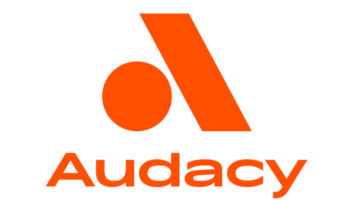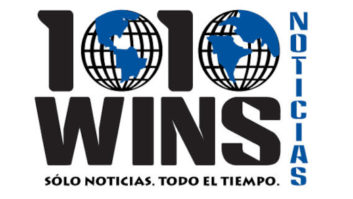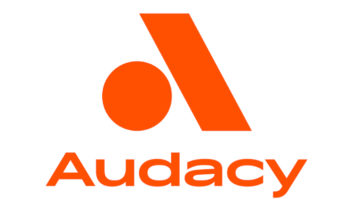 Audacy’s plan to adopt a more centralized programming system and eliminate some on-air positions may have created some controversy, but this country’s second largest radio company says its second quarter financial report shows positive news that it is emerging from the havoc created by the pandemic.
Audacy’s plan to adopt a more centralized programming system and eliminate some on-air positions may have created some controversy, but this country’s second largest radio company says its second quarter financial report shows positive news that it is emerging from the havoc created by the pandemic.
The broadcaster, which has more than 200 radio stations and rebranded itself as Audacy earlier this year, did squeeze out a second-quarter income of $1.4 million after reporting a loss in the same period a year ago. The Philadelphia-based company posted revenue of $304.5 million total for Q2, which is an increase of 73% over 2020. That was led by a 98% increase YoY in spot radio advertising to $202.8 million of revenue in Q2.
[Read: Audacy/Entercom Signs Deal With Big Sportsbook]
Digital revenues were $58.4 million and up about 41% compared to the same quarter a year prior. The company notes it has launched some 350 new digital stations available on Audacy’s digital platform. Audacy, which rebranded to better reflect its push into the audio space outside traditional terrestrial radio, has made a concerted effort to monetize its streaming audio platform.
Audacy President and CEO David Field said while the company’s broadcast segment is recovering from the pandemic, it is still being negatively impacted by other “significant disruptions” facing some large sector advertising clients.
“Our recovery is being constrained by the widely reported disruption in supply chain and labor shortages that has impacted a number of our customers, including auto, our largest category,” Field says.
Audacy has aggressively expanded into sports betting content and what is calls “wagertainment” that focuses on “all things sports betting,” according to the company. The broadcaster announced in June it was converting six broadcast stations to a sports betting format with programming provided by partner BetQL.
The broadcaster, which operates nearly 40 all-sports stations across the country, also has advertising and marketing agreements in place with sports betting platforms like BetMGM and FanDuel while naming them preferred sports betting partners.
“The sports betting business is growing at a rapid pace. We expect sports betting to grow into a $100 million category for us in a few years as legalized sports betting grows across the country,” Field said on Friday’s earnings call.
[Read: Audacy Expands BetQL Sports Betting Network]
Audacy reported total operating expenses of $286.5 million in Q2, up 29% compared to $221.4 million in the second quarter of 2020. The rise in expenses is partly due to the build out of a team of digital professionals at the corporate level. “We have digital resources at the local market level as part of station operation’s costs, but there is also a growing and increasingly significant digital team not housed at the market level and that is the most significant driver of our so-called expense growth,” said Rich Schmaeling, chief financial officer for Audacy.
The company’s recent implementation of a centralized CHR programming structure, which involves importing several DJs to multiple stations across the country, has gained considerable industry attention. The move, which was announced in July, followed a similar streamlining of Audacy’s alternative and country formats earlier this year.
There are critics of Audacy’s format reorganizations and the resulting job losses due to consolidation of on-air positions. Jerry Del Colliano, editor of the Inside Music Media newsletter, said he believes Audacy’s debt is responsible for the programming shakeups, which results in less service to listeners in local markets and hurts ratings.
“Audacy ratings have been eroding as the company has aggressively sought to regionalize its programming and fire live and local talent to save money,” Del Colliano recently wrote in his newsletter. “One thing that is a proven fact is that live and local talent almost always generates better ratings than out of market syndication, nationalization or regionalization of programming.”
Audacy has close to $2 billion in debt, according to its most recent filing with the U.S. Securities and Exchange Commission. The company did receive a large infusion of cash in July — pegged at approximately $75 million — after it entered into a three-year “trade receivables securitization” with several banks.





